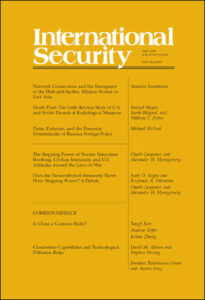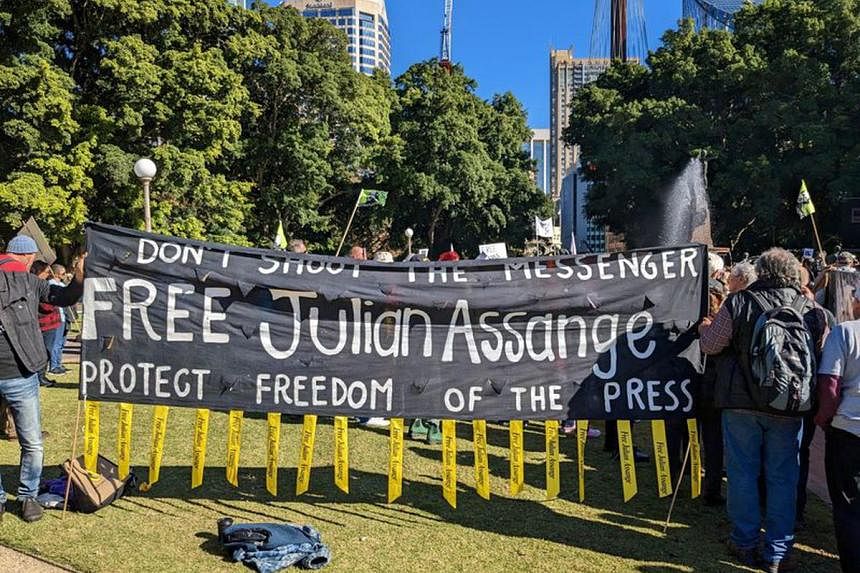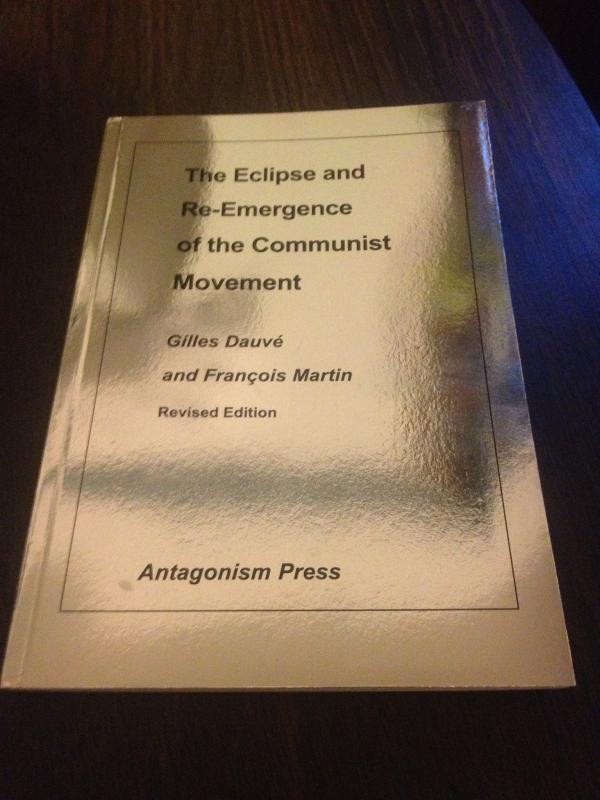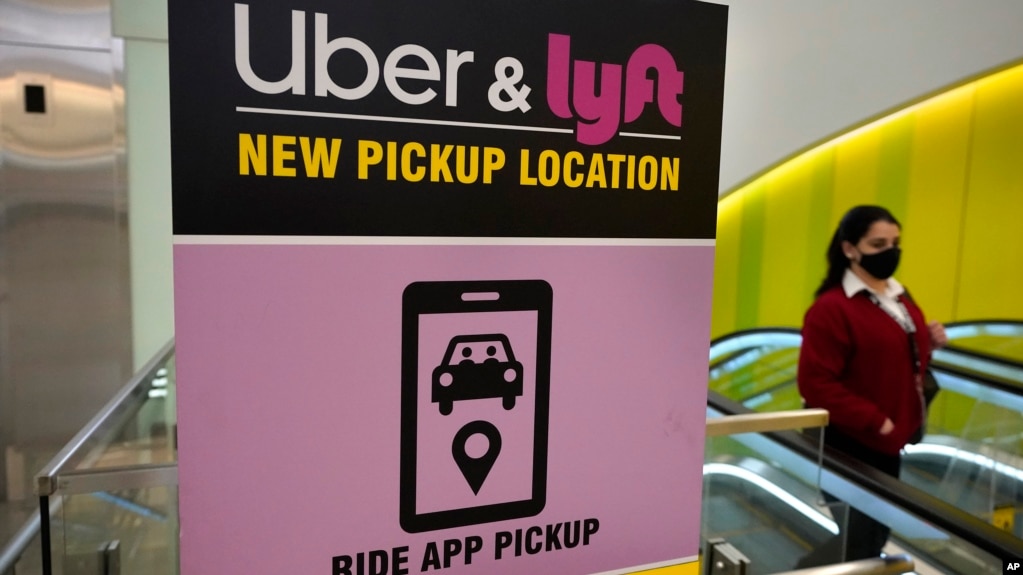Fraser McGuire writes on how the United Auto Workers union is seeing major growth as the US labour movement reaches a turning point.
The past six months have seen an explosion in membership growth for the US United Auto Workers (UAW) labour union, in the face of anti-union strategies by major employers and hostile legislation that historically has stifled much of the North American labour movement, and it is important that trade unionists in the UK should carefully observe the successes of the UAW. In November the UAW, which currently has more than 400,000 active members and more than 580,000 retired members, announced plans to target recruitment in non-union manufacturing plants, including those run by Tesla, Hyundai, Volkswagen, and Toyota.
In 2023 the union saw massive successes with recognition agreements leading to more than 6000 workers winning recognition across New England, New York, and Puerto Rico alone.
Shawn Fain, the President of the UAW since March 2023, is seen as a hardliner by the US billionaire ruling class, described as “confrontational” by the New York Times, and a “weapon of mass destruction” by former President Donald Trump. Since his election, Fain hasn’t shied away from engaging in bold and radical rhetoric since his election- unafraid to attack “the economy that only works for the billionaire class and not the working class”. In the past year the UAW has shifted to a daring strategy of proactively pushing resources and energy into organising non-union plants – breaking trends and seeing major growth in membership.
All trade unions should take note of the successes the UAW has achieved as a ‘fighting back’ union, unafraid to take risks and go on the offensive to recruit new members in unionised workplaces. A failure to adapt to increasingly hostile legislation and the shifting economic geography of the 21st century will see some unions become nothing more than guardians of a managed decline in membership, unless they realise that union movement can only succeed when it is proactive, not reactive. The UAW strategy is paying off, with membership reaching 50 percent at Volkswagen’s currently non-union Tennessee assembly factory just 60 days after the campaign began, as well as non-union Hyundai and Mercedes-Benz plants hitting 30 percent density in Alabama.
The Tennessee factory is Volkswagen’s only US plant, with more than 4000 workers on site. The rapid growth in union membership shows a clear dissatisfaction with working conditions in the plant. It also flags the effective strategies employed by grassroots union activists, who understand that it is necessary to take radical stances and make the arguments for building collective power for the workers upon whom the US car industry relies. More than 350 workers at the plant have signed up in the last two weeks, and the UAW says it will push for recognition once 70 percent of the workforce has signed a union card. Volkswagen’s profits have increased by over 60 percent in the past three years, and their vehicle prices have soared by more than 40 percent, and while many workers struggle, company executives have raked in tens of millions of dollars in salaries and bonuses.
As well as adopting an unapologetic strategy involving proactively building the union and expanding the membership, the UAW has also seen an increase in accountability in its internal structures and greater transparency around the union’s bargaining process, making it easier for rank-and-file members to organise.
The past two years have seen significant growth and key victories for US trade unions- with unions such as the UAW, Amazon Labour Union, and Starbucks Workers United going on the offensive, taking the fight to the bosses, and standing up for the working class. Starbucks Workers United have organised more than 350 stores and reached over 9000 members, demonstrating the resolve of precarious workers fighting for better treatment and conditions in the face of vile anti-union policies. Similarly, UK trade unions which have focused on organising workers in non-union workplaces and under-unionised sectors have seen a spike in growth, while fighting-back unions like ASLEF, the RMT and Unite have seen major wins in pay and conditions, with Unite seeing an 81 percent win rate since 2021, and more than 400 million won for workers in pay disputes with some members seeing pay increases of more than 30 percent.
Championing the causes of equality and liberation, climate justice, peace and international solidarity as well as being willing to tackle the government and bad employers marks out the unions leading the way in both the US and UK. The unions who have taken unapologetic stances opposing Israel’s brutal assault with Gaza and standing with the Palestinian cause exemplify the necessity of being consistent on solidarity- there is no genuine solidarity without internationalism and the struggle for peace.
Wide coverage of strikes in 2023, such as those taken by SAG-AFTRA (Screen Actors Guild-American Federation of Television and Radio Artists) and the Writers Guild of America, have helped boost public awareness of union activity and encouraged more workers to join. A record 61 percent of the US population believe unions help rather than hurt the economy, and 43 percent want unions to gain more power.
It is clear that the US is approaching a turning point in worker organisation as the façade of neoliberalism crumbles, and trade unionists and socialists in the UK should take serious note and learn from the successes and strategies of unions leading the way for the US labour movement.










